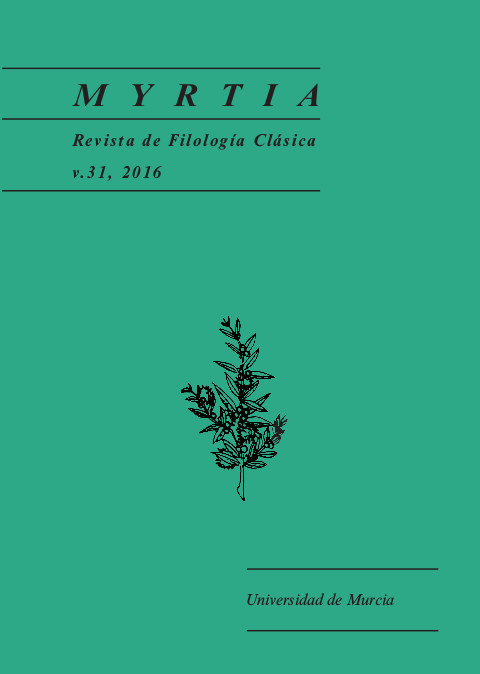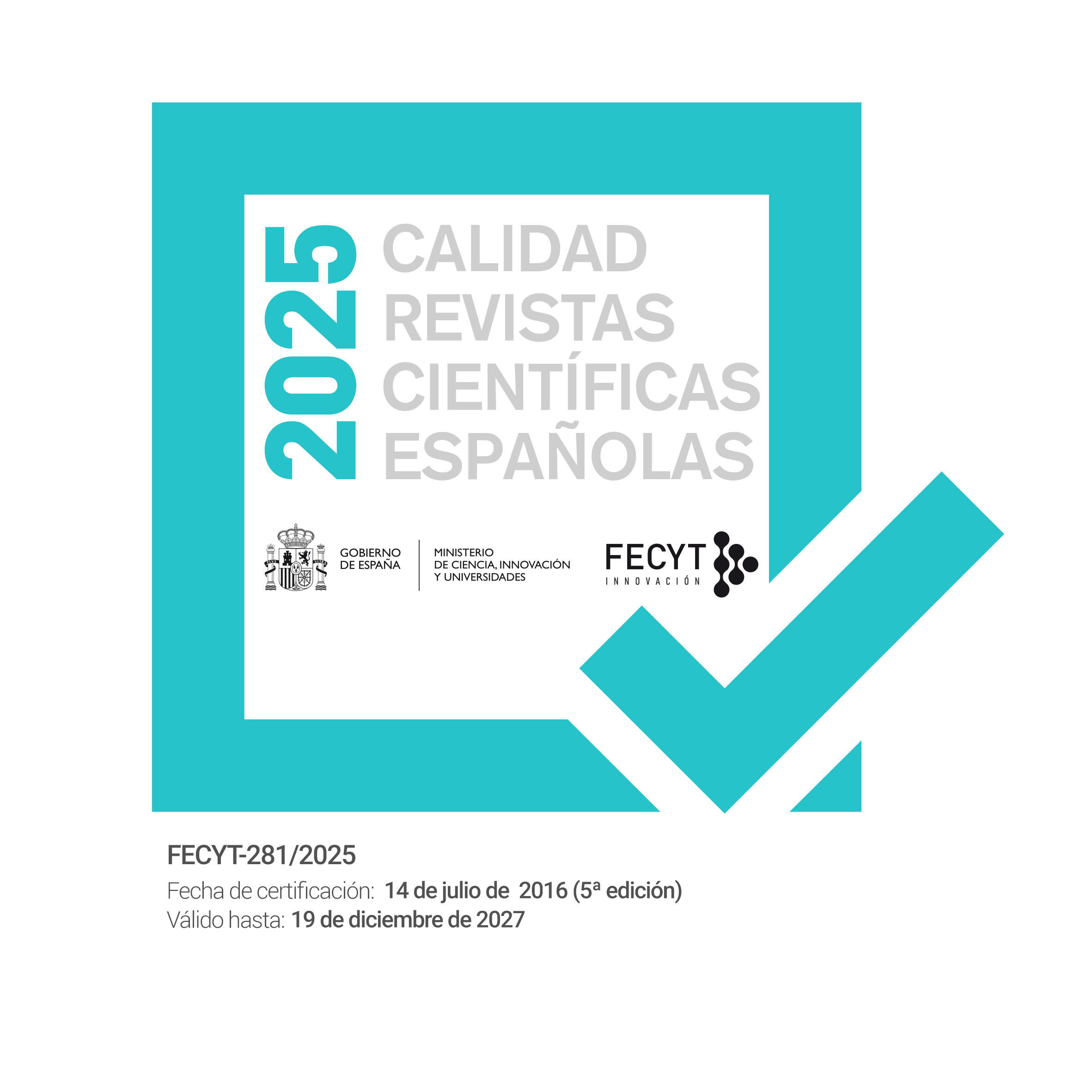Daedalus’ myth and its occurrences in Ovid: A three-term comparison and some considerations on Ars 2, 21-98
Resumen
One of the main features of Ovid’s poetry is certainly the ability of the poet to modify the multiple versions of myths provided by the classical tradition, according to his own taste, to the literary genre in which a specific myth falls, to his needs and his aims. Sometimes this operation remains only a literary pattern, some others it reveals itself to be crucial for inquiring about the modus scribendi of the author and for literally entering his workshop. It is the case of the myth of Daedalus, which is told by Ovid both in Ars amatoria and in Metamorphoses, and is mentioned rapidly in two passages of Tristia as well. In the essay, it is run a comparative analysis of the two very similar passages of Ars amatoria and Metamorphoses, and their main differences are stressed. After that, these differences are put in comparison with the two passages of Tristia. Through this process, it will be possible to demonstrate that the passage of Ars 2 reporting Daedalus’ myth may have undergone a later reworking, i.e. was modified or changed somehow by the poet himself after he was banished from Rome.
Descargas
-
Resumen234
-
PDF374
Las obras que se publican en esta revista están sujetas a los siguientes términos:
1. El Servicio de Publicaciones de la Universidad de Murcia (la editorial) conserva los derechos patrimoniales (copyright) de las obras publicadas, y favorece y permite la reutilización de las mismas bajo la licencia de uso indicada en el punto 2.
2. Las obras se publican en la edición electrónica de la revista bajo una licencia Creative Commons Reconocimiento-NoComercial-SinObraDerivada 3.0 España (texto legal). Se pueden copiar, usar, difundir, transmitir y exponer públicamente, siempre que: i) se cite la autoría y la fuente original de su publicación (revista, editorial y URL de la obra); ii) no se usen para fines comerciales; iii) se mencione la existencia y especificaciones de esta licencia de uso.
3. Condiciones de auto-archivo. Se permite y se anima a los autores a difundir electrónicamente las versiones pre-print (versión antes de ser evaluada) y/o post-print (versión evaluada y aceptada para su publicación) de sus obras antes de su publicación, ya que favorece su circulación y difusión más temprana y con ello un posible aumento en su citación y alcance entre la comunidad académica. Color RoMEO: verde.






